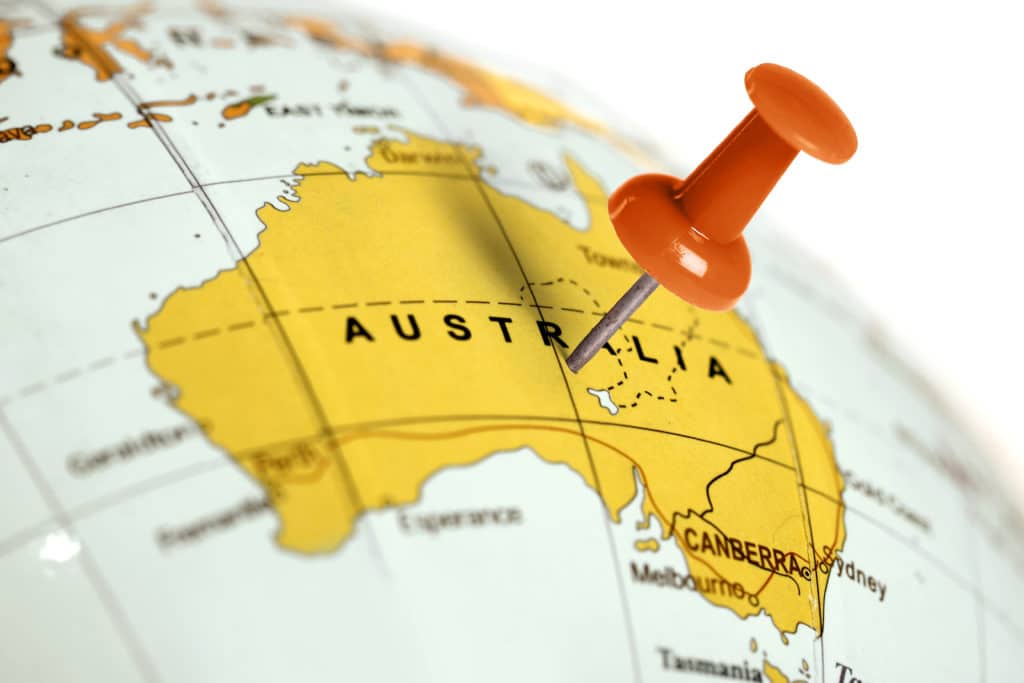What are some of the advantages in running clinical trials in Australia? [5:06]
Speed is really important, and we do have a really favorable regulatory framework whereby the ethics committees are the ones that do the approval of a clinical trial.
What’s one challenge caused by COVID-19 your region has been able to avoid? [9:32]
There are a couple of things that are impacting trials, and one is the nervousness of patients to go [to] hospital centers and be involved in clinical trials and we don’t have that happening in our region. And that also applies to healthy volunteers in terms of maintaining social distancing and not wanting to be, you know, in a group of other people. Particularly where you’re being a trial participant. So we are free of those concerns in our region and therefore we are seeing a lot of trials being attracted.
Tell me about the regulatory environments, in Australia, New Zealand, which I know is extremely favorable for moving quickly. [13:14]
Australia actually has a process which is called the clinical trial notification process. It’s different from, you know, what happens in the U.S. where you need to have your FDA IND in place and it’s a regulatory approval. Here it’s an ethics approval. So the ethics committees in Australia are referred to as HRECs, Human Research Ethics Committees, and they are responsible [for] the scientific and ethical review of a clinical trial. And then it’s just a simple notification to our regulator, the Therapeutic Goods Administration, TGA, via a electronic portal, and once you’ve got that – you’ve submitted that notification – once you’ve got your ethics approval number, off you go and you can start your study.
We do have a central IRB or ethics committee called Bellberry in Australia. They have 12 meetings a month. And they actually will guarantee an ethics meeting two weeks from the time of submission. So they have a submission closing date or day every week on a Wednesday, and you are guaranteed of a meeting two weeks from that point in time. So it’s incredibly streamlined and very fast.
That’s not to say that it’s not as rigorous as we would see, say, in the U.S. The committee is comprised of expert pharmacologists, clinicians, [and] drug developers who are very well placed to do a very solid and scientific review. So it’s not a short-cut, it’s just a different structure. But it’s a very streamlined and fast structure. And that’s part of the reason why so many clients are attracted to coming to Australia to do their early-phase work.
What have you seen in terms of sponsors talking about how to maintain trial continuity in the current world? [18:57]
Sponsors are certainly looking over their borders and looking around the world [at] what options they have to continue their trials…I think, too, you know, it’s important once upon a time, a sponsor from across the globe could get on a plane and they could come and visit a site. They could meet an investigator or a KOL, or they could come and visit their CRO. You know, we’ve all pivoted now to basically sitting in our pajamas and taking calls all day long, and so the world has definitely changed and so we’re seeing this adoption of a lot more remote activity and I think, really, it’s been fairly seamless. I mean, I think there’s some frustration in not being able to [get] that personalized touch point, but I think the world has adopted very quickly. And in the trial space, I think patients have also adopted this very quickly and [are] a lot more comfortable with – [they] have a bit feeling safer that there are electronic means of communicating and- and relaying data compared to what previously was a scheduled visit to a clinic.
Any final thoughts on what’s happening in Australia, New Zealand, or Avance Clinical that would be relevant for people listening to this and considering doing their clinical trials there? [26:02]
In these difficult times, I guess one thing we haven’t touched on – if there is an added bonus in working in Australia – is that the Australian government has a really attractive, in fact the best in the world, R&D tax rebate. So for eligible companies and most buyer techs, you can actually get a return of $0.435 for every dollar spent for doing your work in our regions. So, that’s another good reason and an attractive reason to come to Australia.
